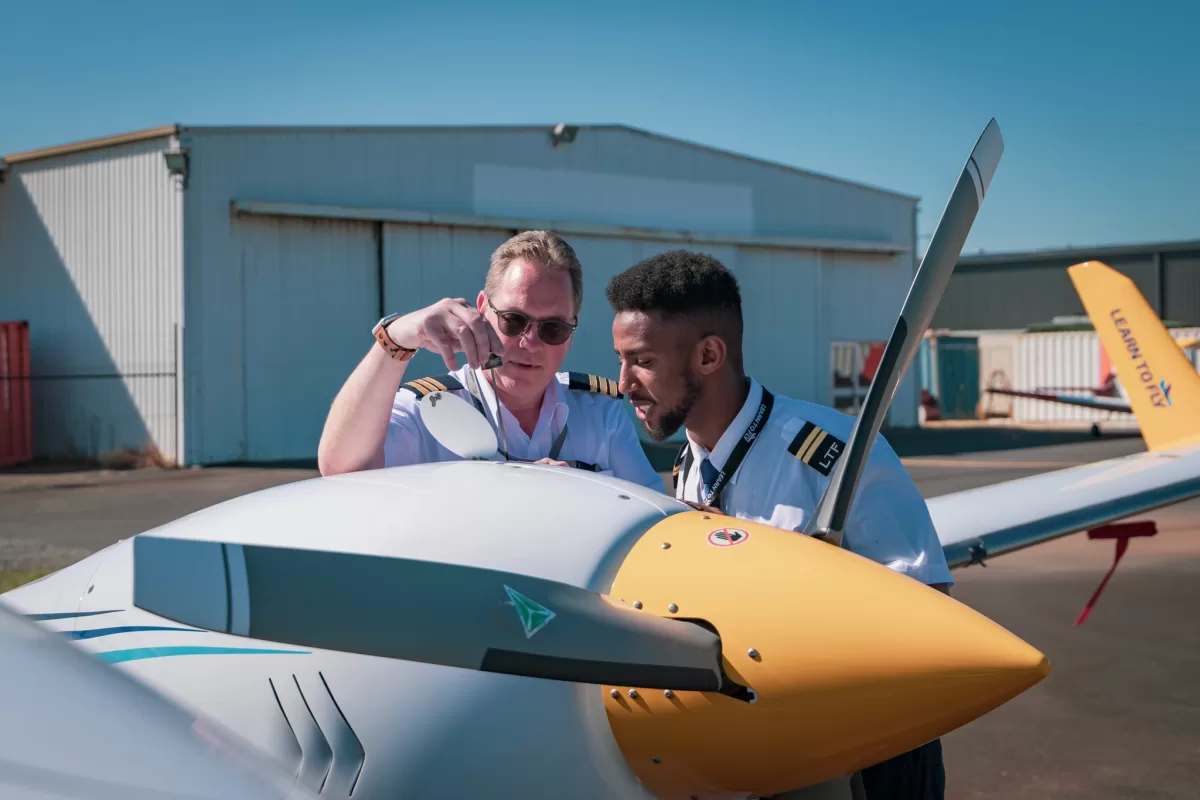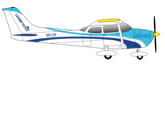
October 10, 2024
Flight Instructor Rating: Training, and Career Opportunities
Becoming a flight instructor career is one of the most rewarding careers among all others in aviation.
It gives one a chance to pass on important flying knowledge and skills.
A Flight Instructor Rating opens numerous doors toward personal and professional development, with many opportunities within flying schools, airlines, and corporate flight departments.
Training for Flight Instructor Rating:
Flight instructor training has both theoretical and practical dimensions. The training assures that pilots, in addition to perfecting the art of teaching, further solidify their piloting skills.
This is what aspiring flight instructors can expect:
Ground School Training
They form the very foundation of flight instruction, so they must comprehend teaching methodology and learning psychology, in addition to understanding flight theory. The teaching will range from aircraft systems, navigation, meteorology, and flight planning to aerodynamics. A rating requires passing theoretical knowledge exams. These assessments test a pilot’s ability to communicate aviation theory effectively, which is an important competency in the instructional environment.
Flight Training
The flight training component is very important for developing practical teaching skills. For one thing, pilots are taught how to demonstrate several manoeuvres, handle emergency procedures, and brief students clearly and concisely in real-time. They are taught how to remain composed and firm in the dual-control cockpit because a pilot’s responsibility goes beyond flying the aircraft; they must provide safety for the student. Even in flight training, the pilots will also refine their instructional techniques in teaching from pre-flight briefing down to in-flight demonstration to post-flight debriefing on all aspects. They will be guided through mentorship with the student pilots.
Competent Assessment
At the end of instructor training, pilots are required to undergo a final competence check. This normally encompasses both ground and flight tests, where a pilot demonstrates an ability to instruct a student through various phases of flight. They are tested on instructional technique and communication skills, as well as an overall competence in mentorship. In Australia, one must pass the assessment with an approved examiner in order to be recognised as qualified to teach and supervise all standards.
Career Opportunities for Flight Instructors
Flight instruction is a great stepping stone into the aviation world, with most professional pilots starting their careers with some type of flight instructor experience. In teaching, there is an invaluable experience to be had that will promote career advancement in airlines, corporate aviation, or even within the flight schools themselves.
Here are a few common career paths taken by a flight instructor:
Aviation Schools
Their biggest employers are flight schools and aviation academies. The flight instructors take the freshly joined pilots right from scratch to teach them initial flight training for PPLs and CPLs among other more advanced ratings.
For example, flight instructors have brilliant prospects in metropolitan cities like Melbourne because the requirement for pilots is constantly increasing. Due to the ever-growing demands of students associated with enrolling in flight training programs – cadet pilot programmes being one – more and more highly qualified instructors are in demand in Australia and other states as well.
Airline Training Programs
Many airlines employ instructors to train their pilots, providing them the chance for instructors to gain flying hours and different experiences such as multi-engine flying and eventually, they will meet the minimum requirements for Airlines’ Direct Entry pilots positions.
For example, Singapore is a hub for aviation training, with airlines offering structured programs for both new recruits and experienced pilots. In this environment, one will have great opportunities as a flight instructor skilled in operating sophisticated simulators and teaching complex systems.
Corporate Aviation
Corporate aviation provides another avenue of employment for flight instructors with a bit of experience. Many corporate operators require their pilots to undergo regular proficiency training and check rides but, of course, an experienced flight instructor may have a place in these companies conducting check rides teaching recurrent training sessions and generally ensuring that pilots operating for the company meet all necessary standards.
Advanced Ratings and Specialisations
Many flight instructors then further specialise, building additional ratings on their certificates. Instructors can also be certified to teach instrument flying, multi-engine aircraft, and even specific aircraft types, such as jets. These advanced ratings open the door to more lucrative and specialised teaching positions.
A flight instructor rating in Melbourne or any other major city in Australia will open wider avenues for a pilot looking for a better career. One would need this rating while training advanced students or teaching more complex aircraft operations.
Benefits of Becoming a Flight Instructor:
Career Advancement
Perhaps one of the most important benefits of becoming a flight instructor is the additional flight hours that one builds. This is important for those pilots who wish to meet the minimum flight hour requirements necessary for an airline or corporate flying job. Instructors commonly build flight experience rather quickly, and this makes them more competitive when they are applying for positions with airlines.
Refining Pilot Skills
Teaching others to fly significantly enhances a pilot’s skills. Instructors have to be absolutely tuned to their own performance while keeping the students’ learning in sharp focus, a dual responsibility that keeps them sharp and at a higher level of airmanship.
Job Satisfaction
It gives a great deal of satisfaction when the students have reached their aviation goals. Indeed, a very rewarding experience is to watch a student master the controls and progress from a novice to a confident pilot. The pleasure of teaching for many instructors is mostly rewarding enough.
The flight instructor rating creates a number of opportunities within the aviation industry for both personal development and career building. From teaching at an aviation school to working for airlines or corporate flight departments, flight instructors play the most critical role in building the future of aviation. For those seeking further development in their careers, programs such as the pilot course in Singapore or advanced training like a flight instructor rating in Melbourne offer great avenues for specialisation and growth within this dynamic industry. The right training, dedication, and passion for teaching will make the position of flight instructor not only extremely rewarding but also a very strategic step in one’s aviation career.








